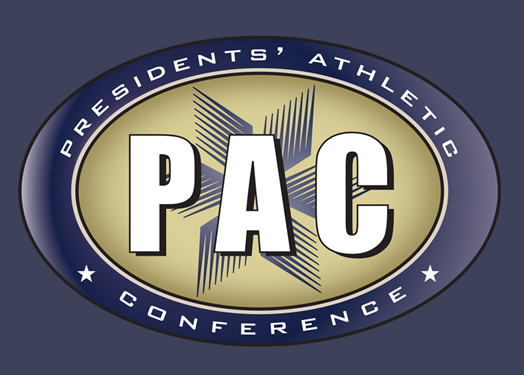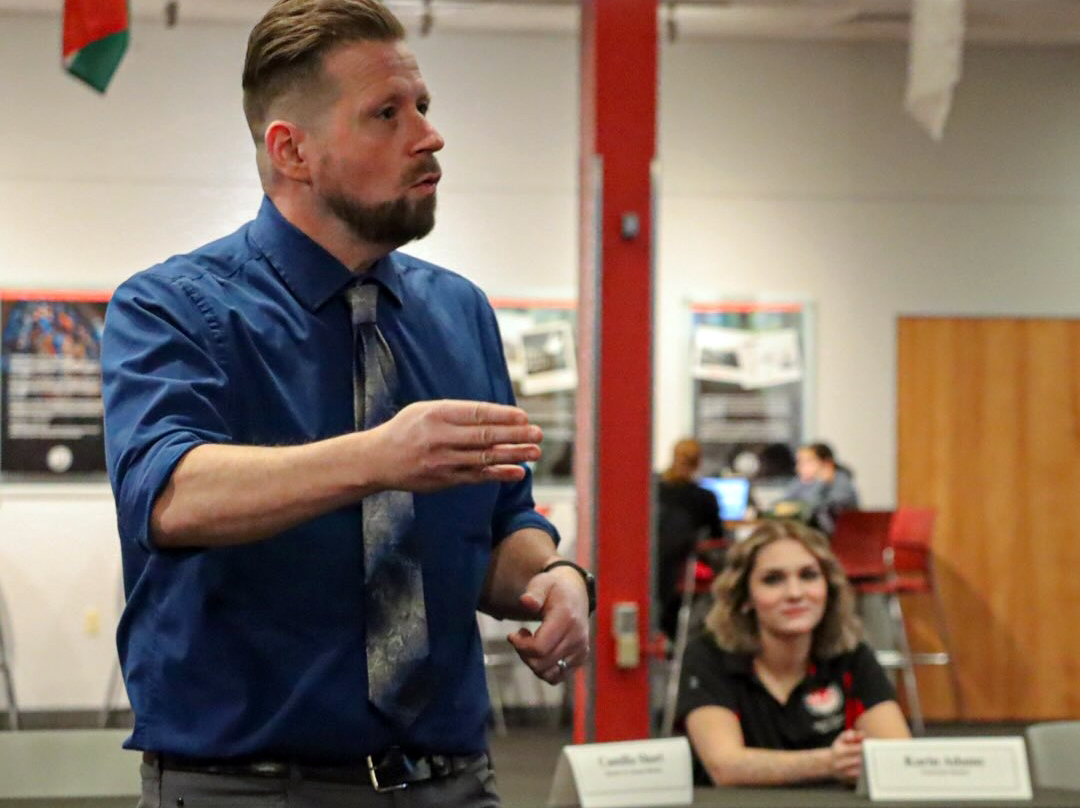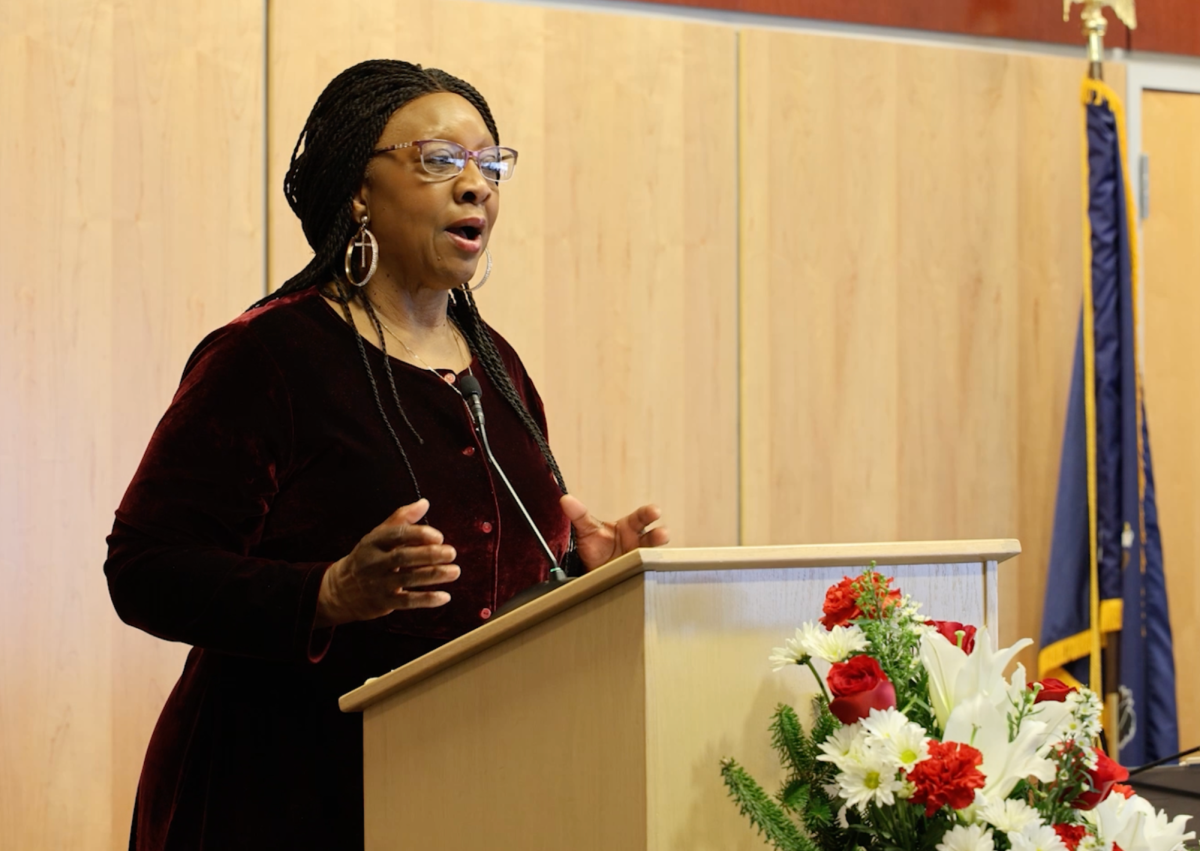Dean of the School of STEAM Art Remillard’s new book, Bodies in Motion: A Religious History of American Sport, will be released May 10 by Oxford University Press. It is currently available for pre-order on Amazon.
“The book looks at different ways that people have interpreted religious meaning onto athletic and sports activities,” said Remillard.
“What you find is there’s a kind of inevitability — when we’re doing sports, religion finds a way to be part of that conversation.”
Remillard began the writing process on this project during the early 2000s while in graduate school at Florida State University, when a debate over the school’s Seminole mascot sparked his interest in the symbolic and emotional role of sports in American culture.
“I started looking specifically at the Florida State Seminole mascot, and at one point, I wrote an op-ed about it,” Remillard said.
“I wasn’t trying to be provocative or say yes or no: I was trying to explain why this was a problem for certain populations.”
After the release of his first book in 2011, Remillard began writing more about sports in smaller pieces before deciding to devote himself to a book-length treatment of the topic.
“I always had this sort of side interest in writing about sports, and what I found over time was people were a lot more interested in the stuff I was doing on sports,” he said.
Bodies in Motion examines how Americans assign religious meaning to sports and athletes — both through formal practices like pregame prayers and organizations such as the Fellowship of Christian Athletes — and through informal cultural interpretations.
The book also explores how athletic spaces and practices can take on sacred characteristics, even without direct religious affiliation.
Remillard’s previous books include Southern Civil Religions: Imagining the Good Society in the Post-Reconstruction Era (2011) and Gods, Games, and Globalization: New Perspectives on Religion and Sports (2019), which he co-edited.
Looking ahead, Remillard said he hopes to write a book on the 1970s running boom, examining how jogging and fitness culture emerged alongside broader cultural and religious shifts.












